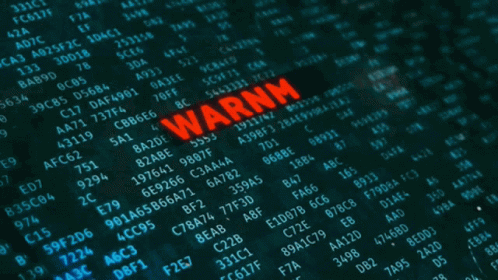
+If hackers are denied a payday, ransomware business models will not correctly be carried out.
Australia has taken a monumental step in the fight against malicious cybercrime. To crack down on ransomware attacks and prevent hackers from profiting from their ill-gotten gains, the government has recently passed legislation that makes it illegal for organisations and individuals to pay a ransom demanded by hackers.
However, the Australian Energy Market Operator’s (AEMO) voluntary Australian Energy Sector Cyber Security Framework (AESCSF) and the mandatory Australian Prudential Regulation Authority’s (APRA) CPS234 have done little to shield the country from ransomware attacks.
Frameworks and systems will only be valid if they are implemented. As the recent high-profile incidents indicate, more might be done to assure compliance before a breach happens.
The main problem is that there needs to be more incentive or disincentive to change the status quo, leaving the adoption of these principles entirely up to the organisation in question.
The new fines are now three times the value of any advantages earned from committing a significant violation, or $50 million, up from the previous meagre cost of doing business of $2.2 million.
Commissioner Falk emphasised that these new laws will act as an effective deterrent against those who attempt to ignore privacy regulations, noting that “the cost of doing business must include a commitment to the protection of people’s personal information.”
However, the challenge is that more cyber perpetrators will innovate and make their attacks more sophisticated, especially in a highly profitable industry like cryptocurrency. In 2022, AUD$ 650 million was transferred to allegedly ransomware attackers’ wallets.
With more substantial penalties in place, organisations must ensure that they comply with the Australian Privacy Principles and other privacy laws. Companies must ensure their systems are secure, their staff adequately trained, and incident response plans ready when needed. Those who do not meet these standards face fines and criminal charges.

 Next post
Australians Need to Learn It the Hard Way: The 2022 Major Cyber Attacks Awakened Companies
Next post
Australians Need to Learn It the Hard Way: The 2022 Major Cyber Attacks Awakened Companies
More Stories
Killnet and AnonymousSudan Collaborate to Launch Cyber Attacks on Western Organisations
In recent news, it has been reported that two Russia-sympathetic hacktivist groups, Killnet and AnonymousSudan, have allegedly launched a series...
$4000 Gone In An Instant: Mother Defrauded in Facebook Marketplace Car Deal
A mother of four is warning others to be cautious after believing she had purchased a safe and dependable car...
Shocking Scam: Sydney Family Loses $200K Life-Savings in Suncorp Spoofing Fraud
A family from Sydney has lost their life savings worth $200,000 due to a fraudulent scam. Peter and Madison, who...
Mysterious Money Transfer Leaves Couple Speechless: How They Got an Unsolicited $4000
A young couple in Melbourne claims their bank is making up a personal loan they do not understand. Ashley and...
Phishing + AI + Voice Cloning= Big Trouble: The New Way Criminals are Stealing Your Money
New Alert: Criminals use AI and voice cloning to trick you out of your money. Earlier this year, Microsoft unveiled...
‘Impossible to Spot’ Delivery Scam Email Targets Australia Post Customers – Don’t Fall Victim!
Unsuspecting shoppers should be cautious as a parcel delivery scam that is hard to distinguish targets Australia Post customers. Email...

